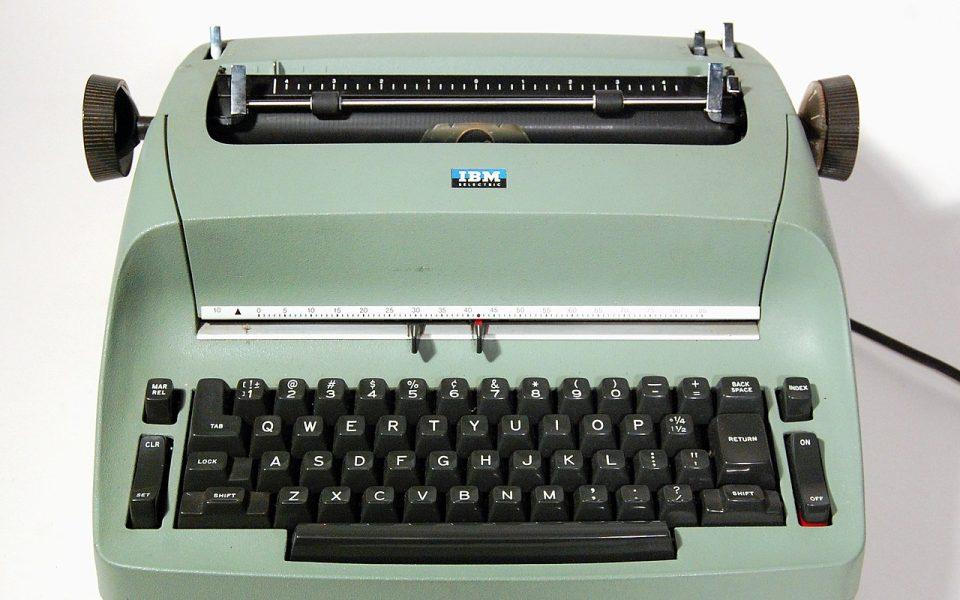
I’ve been pretty jammed up with business these last few days, but I’ll be damned if I don’t file my copy before I go to bed tonight. I haven’t missed a deadline in at least 16 years and probably more. Not professionally, anyway.
And so I’m writing at night, which I don’t do much anymore but was once a hefty part of my regimen, before I quit the booze and the drugs and started falling asleep on the couch if I stayed on it past 10 p.m.
It’s not even properly late right now, just a couple bours after sunset. But here in a quiet house, with cats swirling around my workspace and a silence so deep I can hear it — alone — it feels a lot like it did when I was writing features in Greensboro after working shifts at the restaurant while my wife and baby slept. Like it did when I would bang away at an impossibly bulky, green-screen laptop in my moonlit French Quarter apartment, chainsmoking and drinking until my fingers couldn’t hit the right keys. Like it felt in my parents’ basement that one year after college, after midnight, writing my way through an existential crisis on an IBM Selectric typewriter that sounded like a machine gun when I got on a roll, and later on an old KayPro computer that a high school girlfriend gave me.
Writing done at night taps into a different sort of consciousness than words composed first thing in the morning when everything is new, or in the late afternoon when the dinner bell looms. It comes from a different place, maybe a better place because writing at night is lonely. Even more lonely than other writing, all of which is, at root, an intensely solitary business.
Writing at night is the dark luxury of those who don’t have to get up early in the morning. But it feels sort of desperate, too, because writing done at night is writing that, for one reason or another, must be done.
It feels that way still.
Join the First Amendment Society, a membership that goes directly to funding TCB‘s newsroom.
We believe that reporting can save the world.
The TCB First Amendment Society recognizes the vital role of a free, unfettered press with a bundling of local experiences designed to build community, and unique engagements with our newsroom that will help you understand, and shape, local journalism’s critical role in uplifting the people in our cities.
All revenue goes directly into the newsroom as reporters’ salaries and freelance commissions.


Leave a Reply